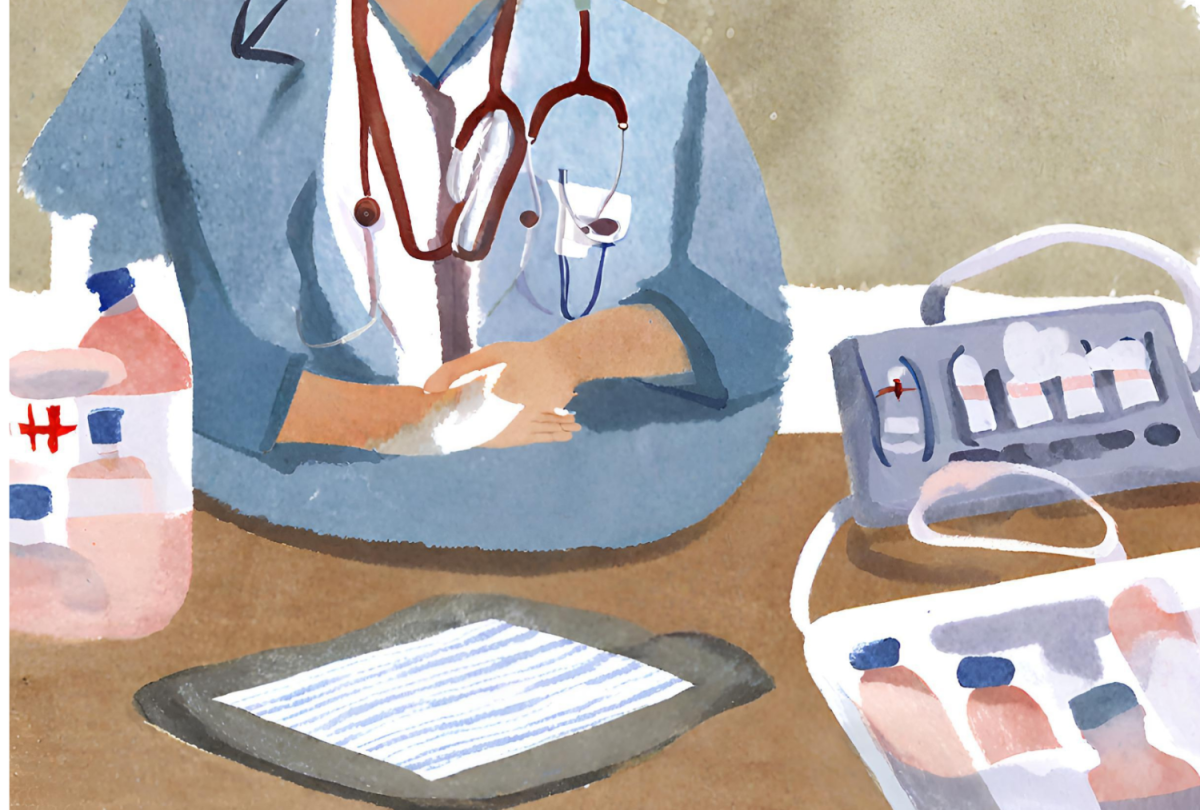Many think health care is a human right, and they are correct. Everyone should have access to the health care they need without financial hardship. Individuals should not suffer from ailments and risk death because they are not financially secure or unable to obtain the care they need.
However, universal health care is not the solution to the American health care system.
Often, when people mention the topic of problems with health care in the U.S., universal health care is considered a viable solution to the issues within the health care system. Universal health care is commonly defined as universal health insurance, where the government provides access to health care services and covers the costs for all country residents.
Nevertheless, the World Health Organization (WHO) offers a slightly different definition: “Universal health coverage (UHC) means that all people have access to the full range of quality health services they need, when and where they need them, without financial hardship.”
Despite the WHO’s definition, the public generally sees universal health care as the government providing health care for everyone and believes it’s the solution to the American health care system. Furthermore, a poll from Gallup reflects these beliefs, demonstrating that 57% of U.S. adults suggest that the federal government should ensure health care coverage for all citizens.
Currently, the American health care system contains many issues and disparities, including the high price of health care. According to The Commonwealth Fund, health care spending per person and as a share of GDP is far higher in the U.S. than in other high-income countries. Even more, the U.S. was the only country without universal health coverage, and health care spending per person was nearly twice as high as the closest country, Germany.
According to the Centers for Disease Control and Prevention (CDC), around 27.6 million Americans did not have health insurance in 2022. Although the number of people without health insurance in America has decreased over the years, these numbers are still worrying as the cost of health care in the U.S. is incredibly high.
U.S. health care spending reached $4.3 trillion in 2021, averaging about $12,900 per person. Meanwhile, other wealthy countries’ average cost of health care per person is only about half as much as the U.S., while the U.S. continues to see an increase in health care costs relative to the size of the economy.
It is clear that the American health care system is not accessible to all Americans, which leads to the conclusion that universal health care provided by the government will solve this issue, right?
While it might solve the issue theoretically, what many people refer to as universal health care, health care provided to all citizens by the government, is not a viable solution.
According to the Peter G. Peterson Foundation, a key driver of America’s unsustainable national debt is increased health care spending. Already, health care spending is a key driver. If the government were to assume the costs of health care for all citizens, this would likely only increase the national debt further. Even more, rising national debt would mean fewer economic opportunities for Americans, reducing business investment, and slowing economic growth.
In addition, the funding for a universal health care system would likely come from increased taxes. For instance, in the past, the Medicare for All system was proposed and required a 20% tax increase for its implementation. As a result, over two-thirds of Americans would not support the plan when told it would require increased personal taxes.
Another concern when it comes to the implementation of universal health care is the possibility of increased wait times. Some may say that there are various versions of universal health care, and utilizing a different version can mitigate the issue of long wait times. While this may be true, as seen in the United Kingdom’s National Health Services providing a few options of privatized care alongside a more traditional version of universal health care, it does not guarantee a solution to the issue of wait times.
According to “Universal Health care in the United States of America: A Healthy Debate,” an article in the National Library of Medicine, in the United Kingdom, the average wait time for elective hospital-based care is 46 days, but some patients wait over a year. Furthermore, the article detailed how it is likely for increased wait times to occur if the U.S. were to implement universal health care due to a rise in the number of primary and emergency care visits. This would come as a result of the elimination of the financial barrier to seeking care.
Even more, according to the Organisation for Economic Co-operation and Development, the U.S. has fewer doctors per 1,000 inhabitants than the U.K., with the U.S. having 2.7 doctors per 1,000 inhabitants and the U.K. having 3.2 doctors per 1,000 inhabitants. These numbers further support the likelihood that the U.S. would face increased wait times if universal health care is implemented due to the current doctor shortage.
Overall, the longer wait times would mean people will not be able to receive care promptly, therefore failing to achieve the UN’s definition of universal health care.
Although universal health care is not a viable solution to the issues within the American health care system, there are other methods of resolving them. For one, the nation can focus on lowering the current prices instead of attempting to implement a universal health care system.
According to The Commonwealth Fund, lowering current costs can be achieved through a few strategies, with one being improving competition. The report details how research has revealed that a lack of insurer competition can increase premiums, as well as how price transparency or limits on provider consolidation and other anti-competitive behavior can enhance competition. These initiatives can be used to lower prices and make health care more accessible.
Nevertheless, although methods for ensuring health care for everyone in the U.S. continue to be a topic of discussion, one thing is certain: health care is a fundamental human right.












